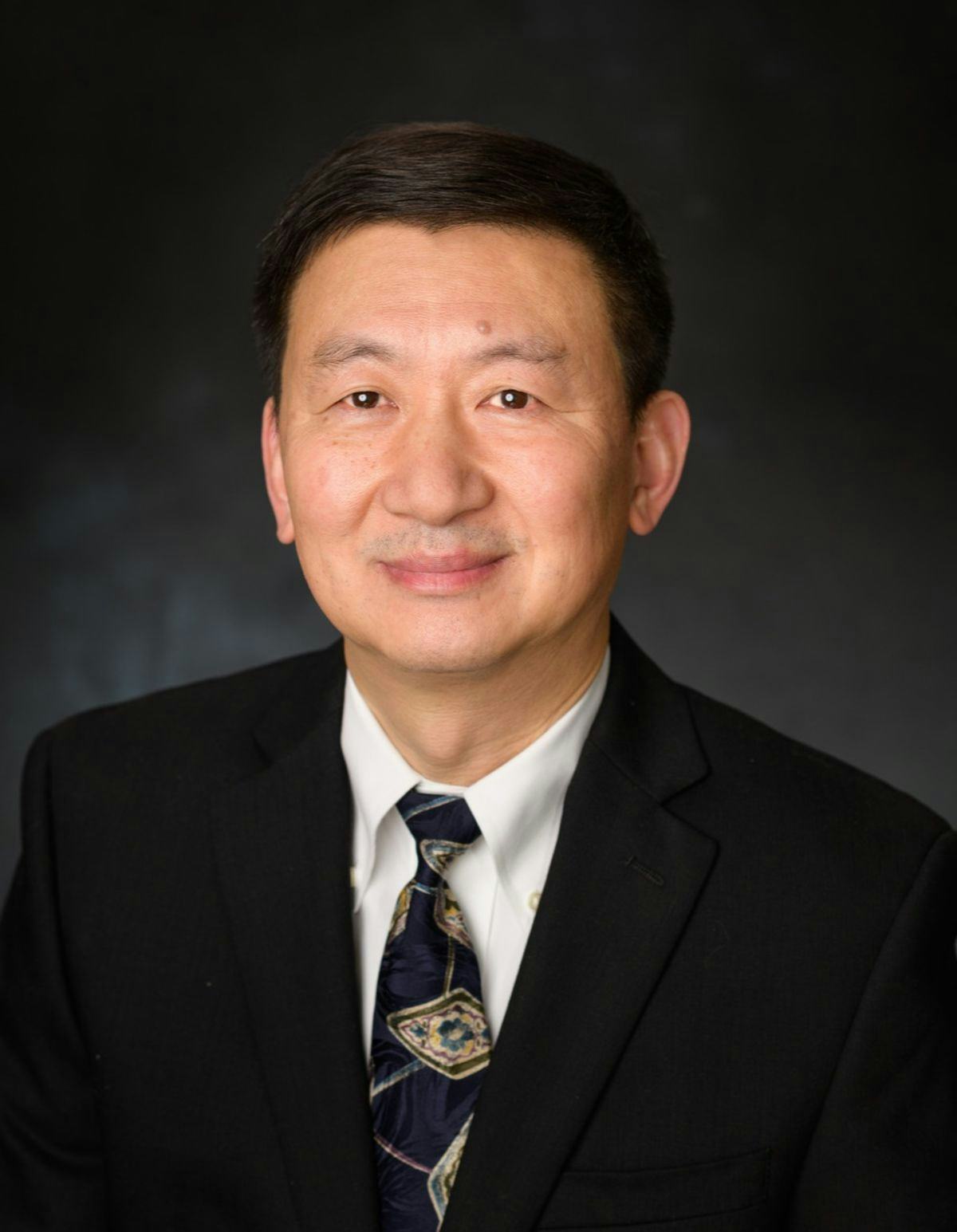Victor Lawrence and Yu-Dong Yao Receive $400,000 from NSF to Support Improved Automation in the Factory of the Future
New techniques and methodologies are expected help drive more resilient data-gathering and decision-making in automated industries
Victor Lawrence, principal investigator (PI) and senior research scientist, and Yu-Dong Yao, co-PI and professor, both in the Department of Electrical and Computer Engineering at Stevens Institute of Technology, recently received a National Science Foundation (NSF) grant of $400,000 for their project “Resilient and Low-Latency Networks for Situation Awareness in the Factory of the Future." This is a three-year collaborative project with Massachusetts Institute of Technology, Columbia University and Nokia Bell Labs, with a total budget of $1 million.
This project aims to enable the automation of the Factory of the Future (FoF) by improving timely, accurate awareness of people, vehicles, and other objects. It includes two main aspects: latency-aware network localization and latency-resilient decision-making in multi-agent FoF networks.
The team will first develop a framework for the design of latency-aware localization techniques. These techniques can help the FoF adapt accuracy-latency tradeoffs and fuse data obtained from heterogeneous devices.
The team will then develop latency-resilient decision-making algorithms that account for outdated information. These algorithms will efficiently allocate network resources and coordinate the agents and devices, accelerating learning for decision-making.
This project will serve as a foundation for large-scale multi-agent FoF networks that can operate in highly dynamic environments even when information is delayed, outdated or inaccurate. The resulting methodologies are expected to pave the way to fully automated industries in the next decade.
“Accurate localization and real-time operation are critical issues in developing and supporting the Factory of the Future,” Yao said. “This project provides us an excellent opportunity for both experimental research and analytical studies in this exciting area.”




